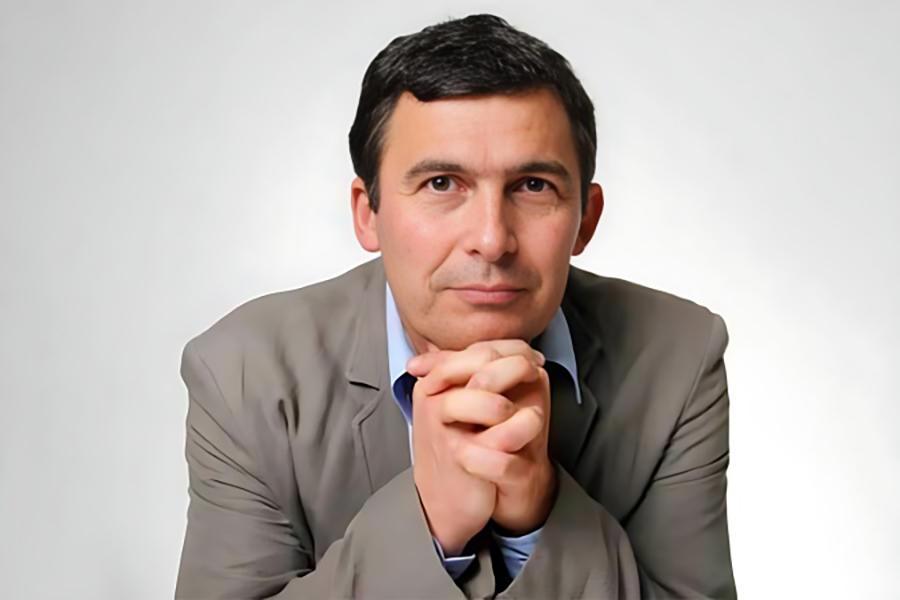According to Éric Fassin, professor of sociology at Paris 8 University, intellectualism and democracy along with it, is under attack. He encourages us to engage in critical thinking to fight fascism.
From his unique perspective as a professor of both gender studies and political science, formerly in the US and currently in France, Fassin has witnessed the global rise of anti-intellectualism, as well as its threat to democracy, over the past decades. He explored this claim in a recent talk hosted by La Maison Française titled “Why Academic Freedom Matters: The Politics of Anti-Intellectualism,” on Oct. 6. Scott Gunther, professor and chair in the Department of French and Francophone studies at Wellesley, and Venita Datta, professor of French and Francophone Studies, moderated the discussion.
In October 2020, Samuel Paty, a French secondary school teacher, was beheaded outside of his school by an 18-year-old Russian Muslim refugee because he had shown his students controversial cartoons depicting the Islamic Prophet Muhammad from French magazine “Charlie Hebdo” during a lesson on freedom of expression. Following Paty’s murder, Fassin had received public threats of decapitation from people who accused academics like Fassin of “Islamo-gauchisme,” or “Islamo-leftist” in English.
In 2021, former French Minister of National Education Jean Michel Blanquer also declared that “Islamo-leftist” academics like Fassin were “the intellectual accomplices of the crime.” The term “Islamo-leftism” is often used in France as a right-wing accusation to discredit academics who study race and Muslim identity in society. “Islamo-leftist” academics are accused of being blind to the dangers of extremism and terrorism.
“I think it’s not specific to me. I tried to make it public to make people aware of the fact that this was going on, not because I was an exception, but because it revealed something that has been going on for years and with consequences that have been difficult for many in academic, that is, even in France, academics who try to defend a kind of critical discourse can feel at risk,” said Fassin.
Attacks launched on academics using scholarly methods to understand issues better are growing. Common targets of anti-intellectualism include academic research into topics like gender and sexuality, terrorism and education strategies like Critical Race Theory. For example, he referenced Judith Butler, Maxine Elliot Professor of Comparative Literature at UCLA, who faced protests in Sãu Paolo, Brazil, in 2017 because her progressive work on gender theory generated controversy.
Whether American, Brazilian, French or Turkish; whether liberal or illiberal, according to Fassin, “Critical thought has become the target for many regimes.” Fassin acknowledged US President Donald Trump and his use of “Alternative Facts” and anti-wokeness as an easy target to represent anti-intellectualism. Moreover, he also claimed that even progressive political figures, such as French President Emmanuel Macron rallied against academic research into race in France. Resistance to academic study into such topics as race and gender, from political leaders, according to Fassin, encourages fascism. Rejection of critical thought allows fascism to flourish because “neo-fascists… want people to be stupid.”
Despite heightening threats against academic freedom, Fassin views academic freedom as a professional obligation.
“Academic freedom is under attack, and it’s no accident. It’s precisely because, politically, it matters. Anti-intellectualism is the proof that intellectual work matters; it’s the proof that intellectual life has to do with reality because it has to do with a pursuit of truth.”






